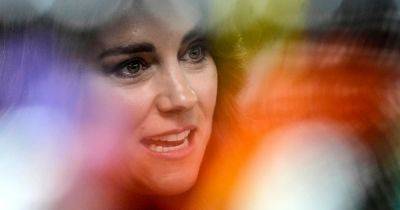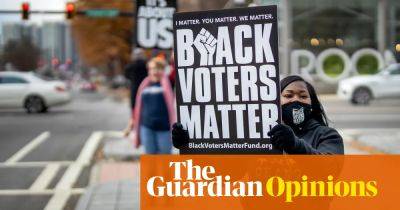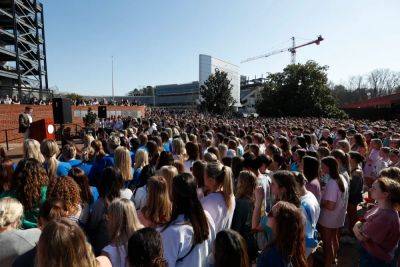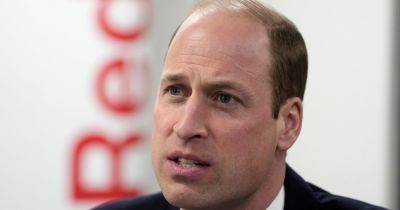Will the Super Bowl Affect Fans’ Political Views? Bet on It.
Damian R. Murray, a psychologist at Tulane University, studies how various social circumstances and life events affect people’s political views. For instance, he found recently, becoming a parent makes a person grow more socially conservative. On the eve of the Super Bowl, he sat down for an interview with The New York Times to discuss another recent study, which examined how the political perspectives of sports fans can be altered by their teams’ wins and losses.
This conversation has been edited and condensed for clarity.
What inspired this work?
These games are so emotionally potent, and people are so emotionally invested. The question is: What might be the downstream, real-world implications for things that have nothing to do with the sporting event itself? Are there consequences for political attitudes or voting patterns, or for our group affiliations?
To be clear, we’re talking about fans, not people actually playing in the game.
Right. As viewers, we’re experiencing the ups and downs of athletes that we otherwise have no relationship to. The material changes that we experience, whether the players win or lose, are essentially zero. But we still go along on this psychological ride.
Can you describe the research?
We did two different studies in two different populations. The first sample was of British people in England during the 2016 Euro Cup.
a monthlong tournament held every four years to determine the best national soccer team in Europe.
It’s huge over there, the closest thing to the Super Bowl, outside of the World Cup. So we sampled British people immediately after significant wins and losses in the tournament. We asked questions about their national in-group bias — which is, for example, how intelligent or







